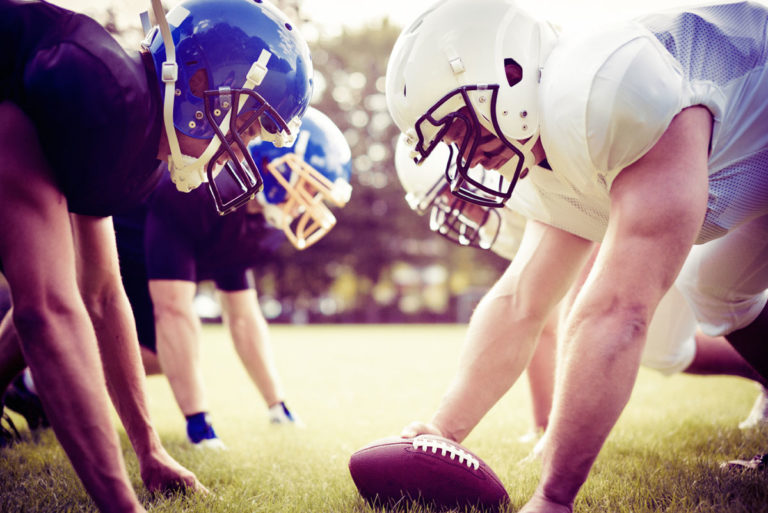Table of Contents
With college football power conferences moving to postpone their season, student-athletes face a different but just as fierce opponent this season — mental health. After sports seasons were lost in the spring due to the global pandemic, the NCAA conducted a well-being study that found “the rates of mental health concerns were 150% to 250% higher than that historically reported by NCAA student-athletes.”
The survey also revealed that over 30% of student-athletes were having difficulty sleeping. Additionally, 10% percent reported they were “constantly” or “most every day” feeling so depressed it was difficult to function. The pandemic continues to impact higher education, with many institutions being forced to shift to online-only or hybrid options. With student-athletes now facing postponed or canceled seasons in the fall, colleges and universities need to ensure that this unique student population has the mental health resources they need.
“Feelings of loss, uncertainty and disappointment can swell into serious mental health issues for student-athletes if colleges and universities don’t attend to these students now,” says Dr. Jan Hall, Executive Director of Mental Health at TimelyCare. “They need strategies to express and process their feelings.”
Advice for those involved in college athletics
As colleges and universities continue to develop, adapt and revise plans for upcoming semesters and sports seasons, Dr. Hall shares this advice:
Student-athletes: Seek help even if you’re doing ok now
Seek resources and help, even if you think you’re doing alright right now. The full impact of postponing or losing a season may not hit some student-athletes right away. Psychologists in the athletics department and therapists in the university counseling center or via telehealth can help work through the various stages of the grief process you may be experiencing. Be sure that you understand what resources are available to you and how to access them.
Athletic directors and coaches: Maintain structure for student-athletes
Maintain structure, communication and support at the departmental, team and student-athlete levels as much as possible. When the field of play isn’t available, consider how student-athletes can still build the bonds of a team. You’ll need to be especially attentive to student-athletes in a situation where sports is an economic mobility engine. Students who may not have strong support systems or even basic needs met at home also need to have particular care taken for their mental health. The NCAA’s study reinforced this fact when it found that mental health concerns were highest among “students of color, those facing economic hardship and those living alone.”
College and university leaders: Make mental health a priority
While losing football is a devastating financial blow for many institutions, mental health support for students has never been more critical. A recent survey by TimelyCare revealed that a majority of college students (85%) are experiencing increased stress and/or anxiety during the pandemic. Despite this increase, only 21% of students said they sought emotional support by talking in person or via telehealth to a licensed counselor or behavioral health professional.
Clearly, higher education leaders have reason to be concerned for students and student-athletes alike. The uncertainty and upheaval happening on the field of play and in the classroom is creating an environment for mental health issues to have a significant impact on students. In these challenging times, it’s essential that students and student-athletes have access to appropriate mental health resources to keep them safe and healthy.
Anytime access to support services can make a difference
A telehealth partner with licensed mental health professionals in all 50 states like TimelyCare can ensure 24/7 access to immediate mental health care. Telehealth serves as an extension of on-campus healthcare resources to take some of the burden off counseling centers that may be struggling to meet demand for services. More importantly, telehealth provides all students, including athletes, with a safety net of emotional support when and where they need it.
“I think it’s a real asset to a university, for students to be able to access mental health care in a way that’s easy, that’s there 24/7 and that’s going to help students become stronger individuals and stronger people in life,” said Dr. Hall in an interview with University Business.
Contact TimelyCare to learn how telehealth can care for the mental health of your students and student-athletes this semester.






